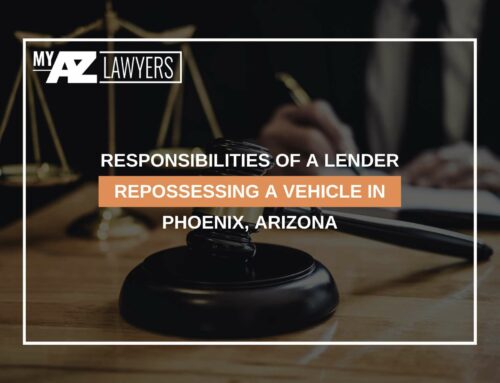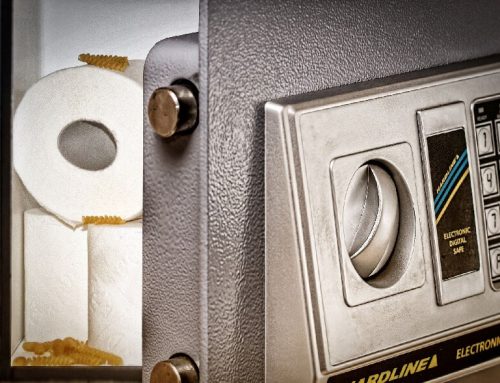Table Of Contents
Creditors Can’t Garnish Your Stimulus Check- But They CAN Garnish Your Bank Account

Failing to respond to a summons will result in a default judgment. If you have received a judgment, your creditor will likely soon be able to get a garnishment order to collect on their debt. Most often, creditors choose to garnish the debtor’s wages so they have a consistent stream of income to repay the debt. A wage garnishment is typically 25% of the debtor’s income, but this is also the maximum amount the debtor may be garnished. The CARES Act specified that the stimulus checks won’t be treated as earned income in that they can’t be garnished by your creditors.
Is My Stimulus Check Safe?
This doesn’t necessarily mean that your stimulus check is safe. While it is less common in non-pandemic times, your creditors can also garnish your bank account directly. If your creditor receives an order to garnish your bank account, they will be able to garnish the stimulus funds as well. Also, if you have any negative balances, such as overdraft charges, with your bank, the stimulus check can also be used to rectify those debts.
If you are at risk of having your stimulus check seized to satisfy a debt, you have a few options. The simplest, surface-level fix is to simply cash your check instead of depositing it into your bank account. If you have multiple bank accounts and one is with a smaller bank or credit union, depositing the stimulus into that account may help you fly under your creditor’s radar. However, these solutions are only temporary. The debts and judgments will still remain, and your creditors will be able to garnish your wages whenever you are employed until the judgment is satisfied. Creditors will also have the option to add interest and legal fees to your balance, increasing the lifespan of the garnishment.
To permanently address the issue of any judgments and garnishments against you, you can file bankruptcy. Most people either file a Chapter 7 or a Chapter 13 bankruptcy. A Chapter 7 liquidates and discharges most of your unsecured debt, while a Chapter 13 is a 3-5 year reorganization repayment plan. Filing either chapter of bankruptcy automatically enacts a stay of protection which prevents creditors from garnishing your wages and your bank account. The stay lasts until your case is dismissed or discharged. After filing, a Chapter 7 lasts about 3-5 months until discharge, and you must complete the 3-5 year payment plan before a Chapter 13 is discharged. While some debts, like child support, aren’t dischargeable, garnishments on dischargeable debts will be halted permanently once your case is discharged.
You Don’t Have to Wait for Coronavirus to End
If you are struggling financially, you don’t have to wait until the pandemic is over to seek legal help. Legal services were declared essential in Arizona, so our office is still operating remotely. Our Phoenix BK Lawyers offer free phone consultations so you can discuss your case with our experienced staff. If you need to file a bankruptcy to protect your stimulus check from garnishment, we can help you quickly and remotely. Once a creditor garnishes your wages or bank account, those funds won’t be returned to you. Don’t wait until it’s too late- call and schedule your free consultation today.











